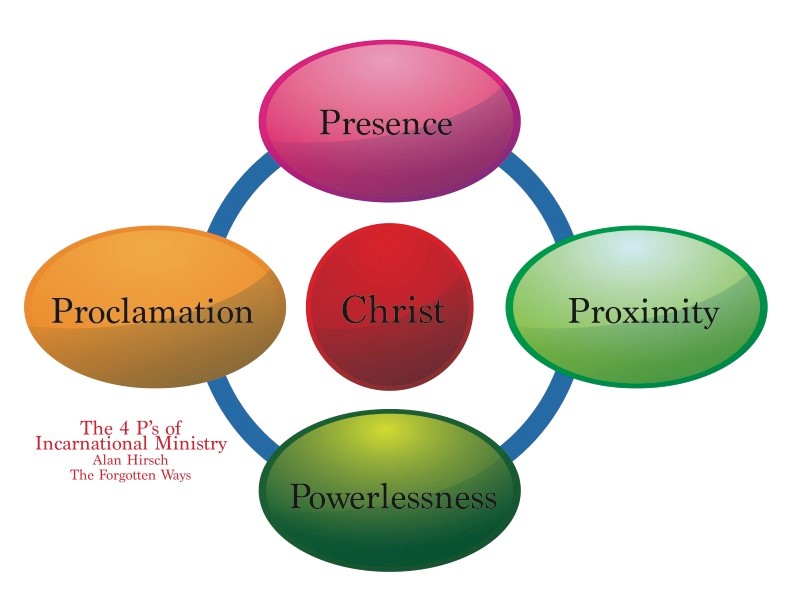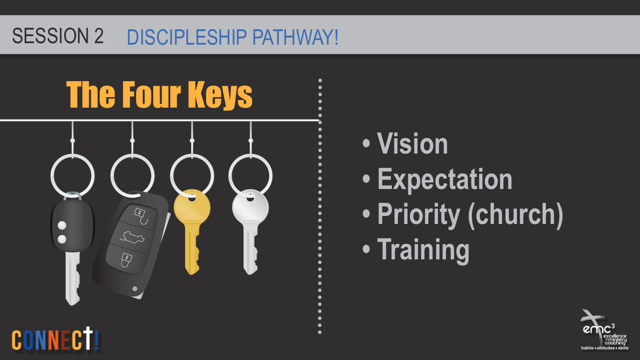 September 23, 2013
September 23, 2013
By Phil Maynard
There seems recently to be an epidemic of people feeling that there is not enough. Not enough money. Not enough time. Not enough talent. Not enough power. Not enough creativity. Not enough me.
Jesus taught us to pray, “Give us this day our daily bread.” Yet, often we focus on what we do not have and hide from our neighbor more than our share of the manna out of fear that there will not be enough for us tomorrow. And we are surprised when it goes bad. And we still don’t seem to have enough.
Obviously this sense of not having enough didn’t start with our current economic collapse. Ever since Cain killed Abel out of competitive jealousy (not enough affirmation), we have been trying to deal with our sense of scarcity.
But what if we begin in faith believing that God, in God’s bounteous love, does supply amply? What if we assume Jesus was on to something when he asked us, in our anxiety over having enough, to consider the lilies of the field? What if Paul’s witness is right: God will supply all our needs and can help us learn to live contently no matter what?
The disciples urged Jesus to send the crowds away to eat because it was getting late and they were quite a hike from their homes. He suggested instead that the disciples feed everyone. They sputtered that they did not have enough. So Jesus had the crowd sit down in little groups where they could see one another. Then he took some barley biscuits and small salted fish offered up by a boy, gave thanks to the Father and began to share them with those around him. Every Gospel tells the story: everyone had enough – indeed, more than enough.
Like William Barclay, I suspect the real miracle is not in the metaphysically multiplication of the loaves and fishes, but in the softening of hearts and the opening of knapsacks to share what they had with their neighbors.
Quaker author Parker Palmer has written that abundance in the human world is possible when we have the good sense to choose community: “to come together to celebrate and share our common store.”
“The true law of life is that we generate more of whatever seems scarce by trusting its supply and passing it around. Authentic abundance does not lie in secured stockpiles of food or cash or influence or affection, but in belonging to a community where we can give those goods to others who need them – and receive them from others when we are in need.” (Except from his essay, “Summer.”)
Cutting edge biologists are now saying that Darwin’s “survival of the fittest” is wrong, as we have often understood it. Instead of ‘dog eat dog’ and ‘everyone out for themselves,’ those who survive in nature are those who learn to work together: to communicate and to collaborate adaptively for the common good in an ever-changing environment. A human body, according to microbiologist Bruce Lipton, is a “community” of approximately 50 trillion cooperative single-cell organisms. The challenge now facing humanity is how six billion humans can learn not to destructively dig up and defensively horde the planet’s resources from one another, but instead to live in a global community with trust and compassion and sharing in ways that our blue-green terrarium can sustain. (see:http://www.brucelipton.com/files/thebiologyofbelief_lotusguide.pdf)
I’m not talking about an “irrelevant idealism,” as Parker Palmer calls it. ‘Pie in the sky’ never feeds anyone. But, we have seen what happens when people share what they have with their neighbor in need. (Remember your neighborhood after the hurricanes?) I’m talking about making reality based, yet faith-filled steps toward trust, compassion, sharing, receiving, community, collaboration and, in doing so, the abundance God has provided.
So, what if:
Instead of worrying if there will be enough for me and my family, we trust that God will keep providing, choose to get by on a little less and in faith respond generously to those in need and to God’s causes as the Spirit prompts?
Instead of clinging exhaustively to our positions of leadership, we invite and empower others to share their gifts, passions and strengths in addressing our common concerns?
Instead of competing with neighboring congregations, each struggling to survive institutionally, we join hands and wonder how together we could more effectively minister in our community?
Instead of not feeling smart enough or talented enough or creative enough, we take seriously Jesus’ invitation to be part of God’s community where grace and gifts abound and are meant to be invested for the good of all?
Instead of waiting for “them” finally to get their act together, we discern ways of working with them to be part of the solution?



Leave A Comment